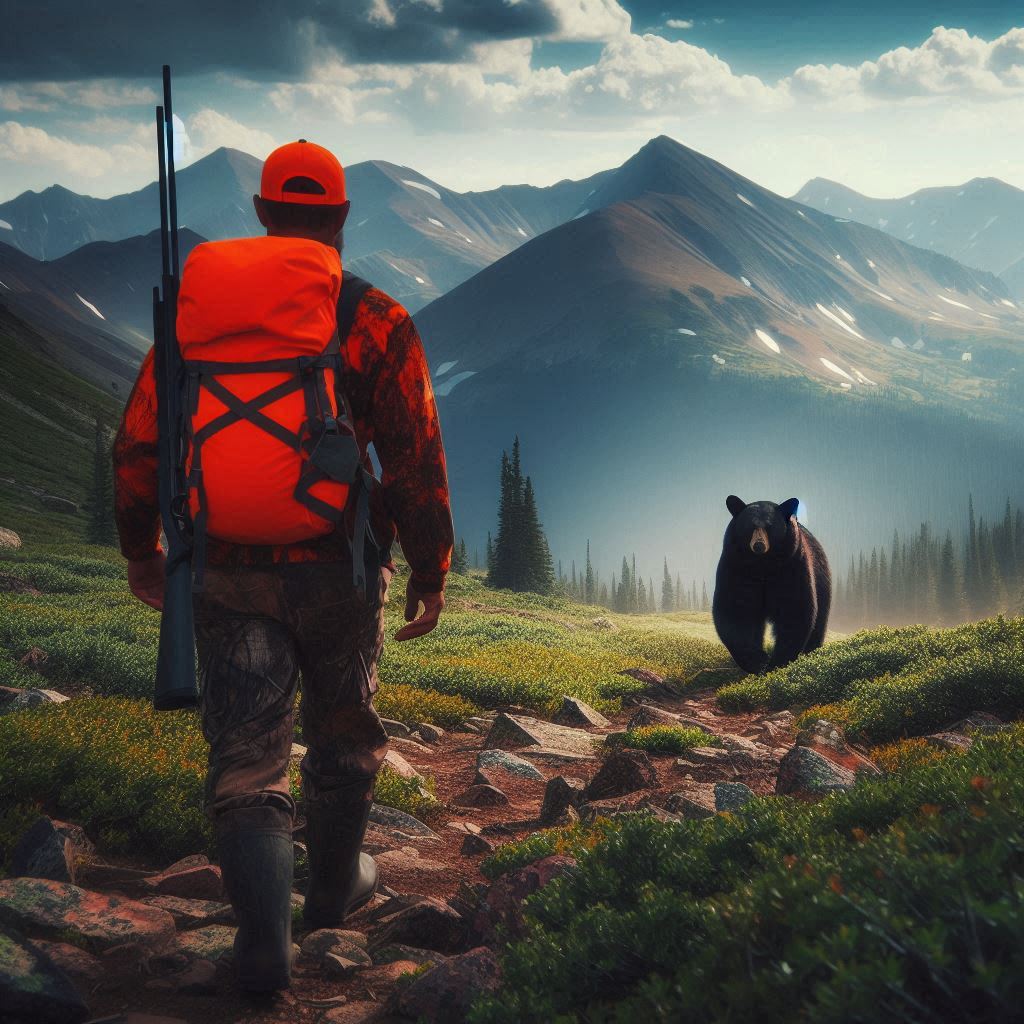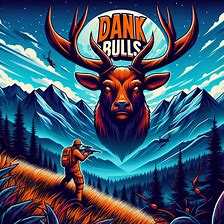Embarking on your first hunting adventure is an exciting experience, filled with the promise of new challenges and the thrill of the wild. But with this adventure comes the need for preparation. Being properly equipped can make the difference between an enjoyable trip and one fraught with avoidable issues. This guide will provide a comprehensive breakdown of the essential gear you need for your first hunting trip, ensuring you’re safe, comfortable, and ready for any situation the wild throws at you.
- Footwear: Your First Priority
When preparing for a hunting trip, your feet are one of your most critical assets, and the right footwear can make all the difference.
Sturdy Boots: Choose high-quality, comfortable boots designed for rough terrain. Look for features like waterproofing, good ankle support, and insulation for colder weather. These boots should be well broken in before your trip, as blisters or sore feet can cut your adventure short. Boots suited for multi-season use are a great investment, as they’ll handle varied weather and terrain conditions with ease.
Thermal Socks and Extras: To complement your boots, you need the right socks. Thermal socks help keep your feet warm, but you should always pack extra pairs. Having dry feet is key to avoiding frostbite or discomfort, so swap out socks if they get wet or sweaty.
- Backpacks: Carrying Your Essentials with Ease
Day Backpack: A durable, ergonomic backpack is an essential part of your gear. Choose one that’s lightweight but capable of holding all your necessities. Multiple compartments are invaluable for organizing your items, from hunting equipment to survival tools. Ensure that the pack is comfortable to wear for extended periods and equipped with padded shoulder straps and a supportive waist belt for better weight distribution.
- Clothing: Layering for Comfort and Protection
The weather in the wilderness can be unpredictable, so dressing in layers is crucial for maintaining comfort throughout the day. Your clothing should protect you from the elements without being overly bulky or noisy, as rustling clothing can scare off wildlife.
Breathable Base Layer: Begin with a moisture-wicking base layer to keep sweat away from your body. This is important for regulating your temperature, as staying dry prevents you from getting cold.
Thermal Layer: In colder conditions, add a thermal layer to insulate your body and trap warmth. Merino wool is a popular option for its breathability and heat retention.
Outerwear: Invest in windproof, water-resistant jackets and pants designed for hunting. These should not only protect you from the elements but also be quiet in movement to avoid alerting nearby game.
Blaze Orange Vest and Hat: A safety requirement in many areas, blaze orange clothing ensures you are visible to other hunters. The bright color prevents accidents, especially in densely wooded or low visibility situations.
- Safety and Survival Tools: Be Prepared for the Unexpected
No hunting trip is without risks, so carrying the right safety gear is essential for dealing with unforeseen situations.
First Aid Kit: Always carry a well-stocked first aid kit. Include basic supplies like bandages, antiseptics, pain relievers, tweezers, and blister care. It’s also wise to include items like a space blanket and tourniquet for more serious injuries.
Fire Starter: Fire is crucial for staying warm, cooking, and signaling for help. Practice using your fire starter before the trip so you’re confident in your ability to create a fire even in challenging conditions. Waterproof matches, lighters, and ferro rods are reliable options.
- Navigation: Stay on Track
Getting lost in the wilderness is every hunter’s nightmare. Ensure you have multiple ways to navigate and communicate.
Phone with GPS and Offline Maps: While modern smartphones offer great navigation tools, it’s essential to have offline maps downloaded in case you lose service. Use a reliable GPS app, and consider bringing a portable charger to keep your phone powered.
Compass and Physical Map: A traditional compass and map are critical backup tools if your phone fails or you enter an area without GPS signal. Make sure you’re comfortable using them before heading into the field.
- Sustenance: Food and Water for Energy
The physical demands of hunting require you to stay fueled and hydrated. Plan your meals and water supply accordingly.
High-Energy Food: Choose non-perishable food items like jerky, nuts, energy bars, and dried fruit. These provide quick energy and are easy to pack.
Hydration: Carry enough water to last throughout your trip. If you’re staying out longer, consider packing a portable water filter or purification tablets to replenish your supply from natural sources.
- Shelter: Protection from the Elements
If your trip extends overnight, you’ll need a proper setup for shelter and rest.
Tent and Sleeping Bag: A good tent, suited to the season, will provide protection from wind, rain, and cold. Choose a lightweight yet durable option that’s easy to set up. A sleeping bag rated for the temperature you expect is essential to ensure a warm and comfortable night’s sleep. A pillow, whether inflatable or compact, adds extra comfort to your rest.
- Hunting Gear: Tools of the Trade
The right hunting gear is crucial for a successful trip. Make sure your equipment is well-maintained and that you’re familiar with how to use it.
Firearm and Ammo: Your firearm or bow is your most important hunting tool. Before the trip, ensure it is clean, well-oiled, and in proper working order. Always bring extra ammunition, and store it in a waterproof container.
Game Bag and Knife: Once you’ve made a successful kill, you’ll need a game bag to transport your harvest and a sharp knife for field dressing. A high-quality knife is essential for quick and efficient processing.
Rangefinder: A rangefinder helps improve accuracy, especially when hunting at long distances. Practice using it in various environments before your trip.
- Lighting: Illuminate the Darkness
Hunting often starts early and ends late, so reliable lighting is essential.
Headlamp: A good headlamp with adjustable brightness is a must-have. Choose one with a red light mode for night vision preservation and long battery life to avoid being left in the dark.
- Camp Maintenance: Leave No Trace
Maintaining your camp and respecting the environment is an important part of responsible hunting.
Shovel and Garbage Bags: A small shovel is useful for digging fire pits or latrines. Bring garbage bags to pack out any waste, ensuring you leave the area as pristine as you found it. Leaving no trace helps protect wildlife and maintains the environment for future generations.
Conclusion: A Well-Prepared Hunter Is a Successful Hunter
Preparing for your first hunting trip is both exciting and demanding, but with the right gear, you’ll be ready for whatever the wilderness throws at you. From sturdy boots to fire starters and game bags, having the right equipment ensures not only a successful hunt but also a safe and enjoyable experience. With this ultimate guide, you’ll be well-equipped for your first journey into the wild. Happy hunting!




